Intermittent Fasting Basics
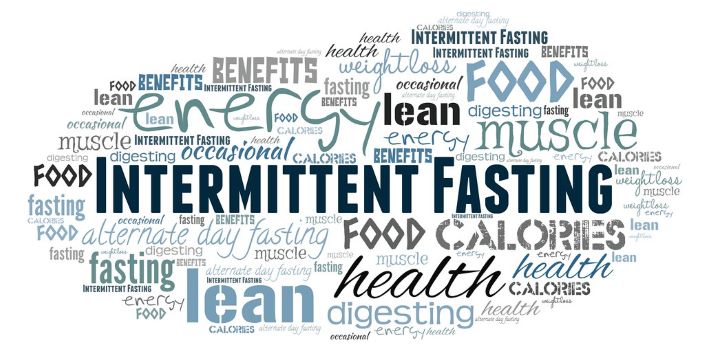
You may have heard of intermittent fasting and wondered what it was and why anyone would do it. After all, the very word, “fasting” conjures up hunger pains. However, there are many benefits to intermittent fasting and its not as hard as you think. Intermittent fasting (IF) is just creating a longer time during every 24 hour period in which you do not eat, particularly not anything that would affect insulin levels.
We naturally cease from eating when we sleep at night. In our modern day American culture, however, many often eat just before going to bed as well as immediately upon waking up. Also, most will continue to snack throughout the day in addition to having 3 regular meals. All of this creates stress on our digestive system and keeps our bodies from having the time and energy to spend cleaning up and recycling the waste products that are created as a result of eating. It also creates continual spikes in our insulin levels. None of this is good for our overall health.
Is Intermittent Fasting Why No One Was Fat in the Old Days?
Think about the movies or documentaries you’ve seen that portray families on farms in the early 1900s or before. They may have had large meals, some even featuring fresh bread or potatoes, but they weren’t eating constantly throughout the day. They would milk the cows or do other chores before breakfast, be too busy during the day to snack, and dinner would definitely be the last time they ate before going to sleep. They didn’t get fat or have diabetes. Why is that? It can’t be just because they were filmed in black and white. It probably was in large part due to the benefits of intermittent fasting.
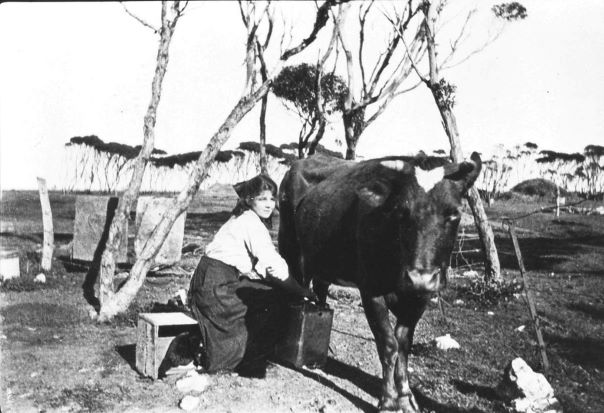
What Types of Intermittent Fasting Are There?

There are several forms of intermittent fasting. Even restricting eating to a 12 hour period is better than most people do. That may even be a good goal to start out with. Three meals a day with no snacks within a 12 hour period. However, most people who want to gain serious benefits from intermittent fasting do something closer to one of the following options.
- Fast for at least a 14 or 16 hour period every 24 hours.
- Fast for an 18 hour period and only eat during a 6 hour window.
- Eat only 1 meal a day, (OMAD), perhaps during a 1 or 2 hour time period.
- Alternate day fasting where you fast for approximately 36 hours then eat for 12.
Since women are different than men, the video I linked with Dr. Mindy Pelzer below explains that there are a few specific times women should do little to no fasting. I highly encourage women to watch it for her expert advice.
Why Should You Try Intermittent Fasting?
There are many reasons to start an intermittent fasting routine. To begin with, fasting allows organs in your body to complete the job of properly digesting your food. For example, it gives your liver time to clean out toxins ingested. Since more insulin doesn’t need to be produced, it is a good break for your pancreas. Instead of continually breaking down food, your body can begin to burn excess fat. Food, especially carbohydrates, releases sugar into the bloodstream which is used for energy. The excess is then absorbed into your cells to become fat before the fat you already have can be broken down. Thus, among other things, intermittent fasting will help you lose weight.
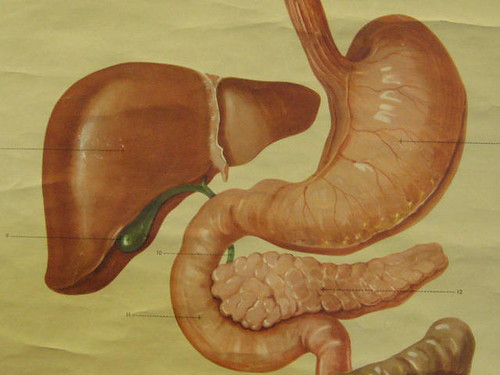

As a result of allowing your body time to work on these tasks, intermittent fasting has several other health benefits. It ultimately increases energy levels and improves heart health as well as helps reverse diabetes. It lowers cholesterol, blood sugar, and blood pressure. It allows for more autophagy to take place which is the breakdown and recycling of waste products in your body. While insulin is lowered, growth hormone is increased which has anti-aging and fat burning benefits as well as muscle building benefits if you are strength training. Intermittent fasting also lowers inflammation and helps with neurodegenerative diseases.
In addition to all this you will save time and money.
What Are the Initial Roadblocks, and How Can You Get Around Them?
It is important to keep a few things in mind as you begin your intermittent fasting routine. Remembering these points will help you maintain a habit of intermittent fasting for the long term
Artificial Hunger Comes From Habit
Realize most of your hunger comes from habit. Your body will automatically feel hungry around the time you normally eat. It can often help to tell yourself that you will not be eating again until the scheduled time you have planned. Usually when you first wake up there is a natural spike in your cortisol which creates hunger. If you can wait it out a little while, it will go away. In fact, hunger pains caused by habitual eating times will always pass if you wait them out 20 minutes or so. Because you experience artificial hunger from habits, you can have confidence that as your habits change, the amount of hunger you face will decrease. Be assured that you are not actually starving as long as you have fat on your body.
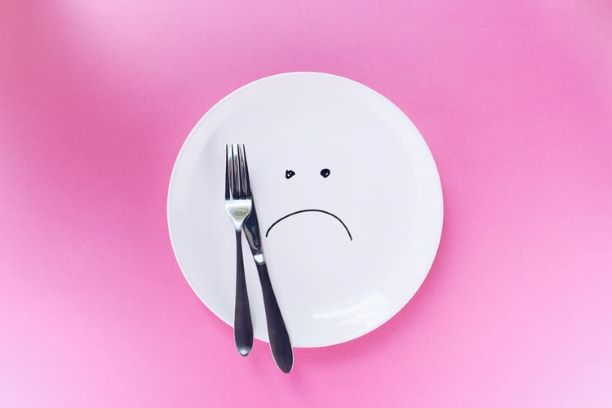
Eat Enough Food and Enough Fat

Eating until completely full during your feeding times on any of these schedules is important. It is easier to maintain if you eat less carbohydrates and junk food as well since they actually make you hungry. But intermittent fasting will help no matter what your diet is while eating. To learn more about low carbohydrate diets see my posts on What is a Healthy Diet? and Getting Started With Keto.
Let the last meal you eat in a day have sufficient fat in it to fully satiate you. The more fat you consume, the longer you will last before becoming hungry again. Including plenty of fat in your diet will be especially important as you start out. If one of your goals is to lose weight, the amount of fat may need to decrease a bit with time, but this should not be a concern at first.
Keep Busy, Don't Eat Unless Hungry, Get Plenty of Sleep
Avoid boredom. If you are busy, you will have less time to think about food. Since most hunger pains are basically artificial and passing, most of the challenge of changing to an intermittent fasting routine is in the mind. So keep it busy with other things.
If you aren’t hungry, don’t eat. Wait until the next possible feeding time to indulge. You will likely naturally increase your fasting period by following this rule.
Get plenty of sleep. If you’re sleeping, you aren’t hungry. Lack of sleep increases cortisol which stimulates hunger and insulin.

Proper Nutrition Affects How You Feel

Many people, especially those starting a low carbohydrate diet find that they are low in B vitamins, potassium, and salt. If this is the case, hunger, weakness, and generally bad overall feelings may be experienced. Get plenty of these in your diet through things such as nutritional yeast for the B vitamins, high quality salt in your food such as Himalayan, as well as avocados and electrolyte drinks without sugar among other things. Bone broth is also a good source of needed minerals.
How Cheating Can Be A Helpful Habit
Though water only fasting is likely the very best. Many people get most of the benefits and find it a lot easier to include a “meal” that causes no rise in insulin levels but often includes caffeine. This is where the idea of a “bullet proof coffee” comes into play. It also often satisfies the morning coffee habit and need for energy from caffeine. The drink, however, does not need to be coffee. See Dr. Berg video below for more information on what is allowable while fasting.

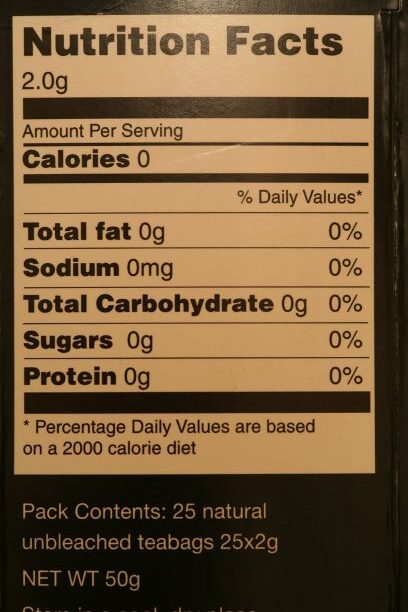
Neither fat nor fiber affect insulin levels so consuming these will not negate most of the benefits of your fast. Bulletproof coffee contains a fat source like MCT oil, butter, or heavy cream to satiate hunger and often a non-sugar sweetener like erythritol, Stevia, Monk fruit, or Swerve. It may even contain unsweetened cacao powder or other seasonings like cinnamon. Tea is also acceptable and green tea is said to be especially helpful. Most anything that contains no protein or carbohydrates of any kind will be ok. Supplements to provide minerals as well as some high quality greens that provide fiber, vitamins, and minerals can be good. Some electrolyte drinks are okay as well. Just be sure to read labels on any of these things. Some people can drink a little bit of bone broth for the vitamins and minerals it provides without it affecting their fasting benefits.
Success More Important Than Strictness
In conclusion, I urge you to try intermittent fasting to better your health, but do so in a way that you believe will be easiest for you. Creating a successful, healthy habit to gain the benefits of intermittent fasting is more important that being super strict with yourself. At least that’s my opinion. Remember you can always change things up if they aren’t working or you want more drastic results. Let me know what you think in the comments below, or tell me about your experiences and what has worked for you.

Dr Mindy Pelzer is a wealth of information on fasting and particularly on differences in how women should fast. She also has great advice for women before, during, and after menopause.
This is Dr. Berg with his easy to understand breakdown of what you can consume during a fast.
